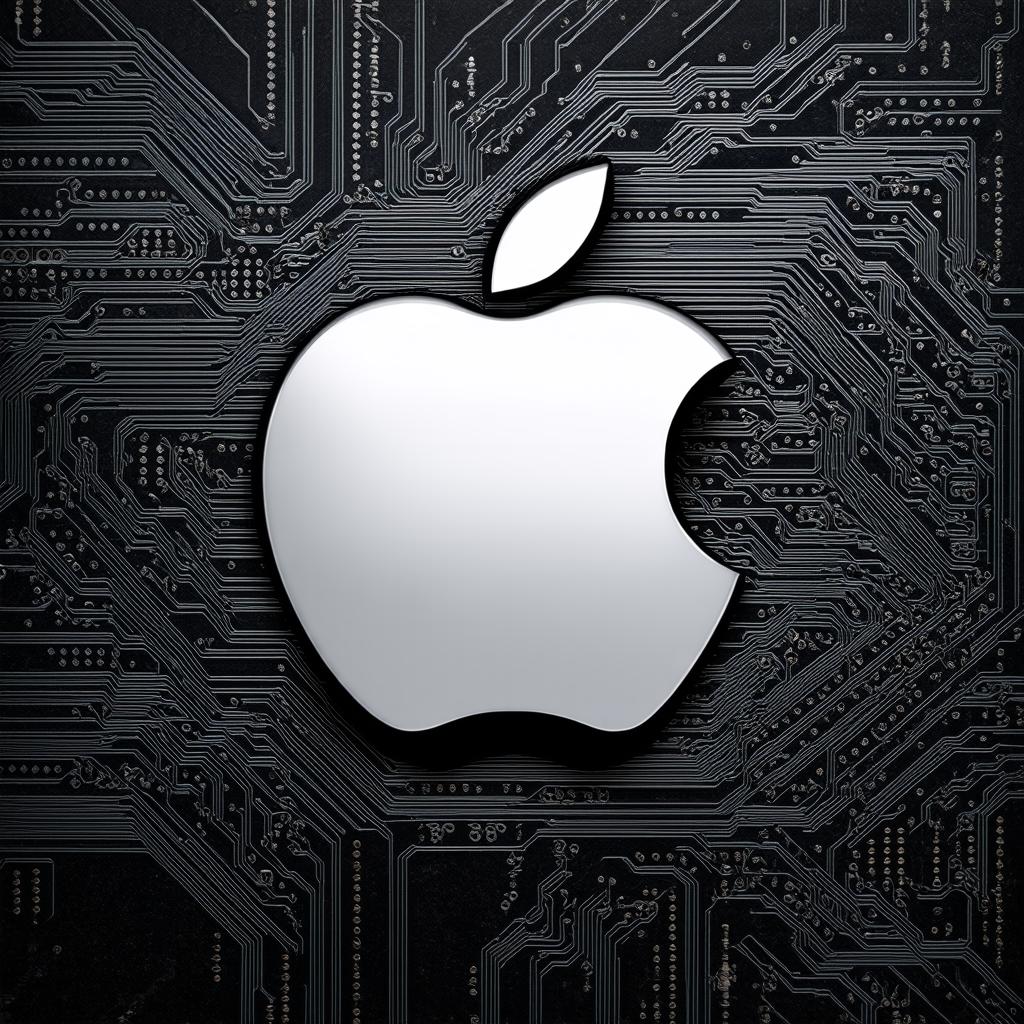Is Apple a parent company?

Apple is one of the world’s most successful and recognizable companies. With a market capitalization of over $2 trillion, it has created products that have revolutionized industries such as smartphones, music, and computing. But what is less clear is whether Apple should be considered a parent company. In this article, we will explore the concept of parent companies and examine whether Apple fits the bill.
What are Parent Companies?
Parent companies are entities that own and control multiple subsidiary companies. These subsidiaries are typically independent businesses that operate within the parent company’s broader strategy and business plan. In most cases, parent companies are formed when a company decides to expand into new markets or acquire other businesses. This allows them to leverage their existing expertise and resources to create new products and services that are aligned with their overall strategy.
Does Apple Fit the Bill?
At first glance, it might seem like Apple should be considered a parent company since it owns multiple subsidiary companies such as iTunes, iCloud, and Apple Music. These companies are all integral to Apple’s overall business strategy and provide valuable services to its customers.
However, when we look closer at the structure of Apple’s organization, it becomes clear that it is not a traditional parent company. For example, Apple does not have an umbrella brand or corporate identity that encompasses all of its subsidiaries. Instead, each subsidiary operates independently and has its own brand and marketing strategy.
Furthermore, Apple’s subsidiaries are not integrated into the overall supply chain or production process of the company. Each subsidiary is responsible for its own development and manufacturing, with little to no overlap with other subsidiaries. This means that each subsidiary operates as a separate entity, with its own financial reporting and profit-sharing structure.
Holding Companies vs Conglomerates: What’s the Difference?
A holding company is an entity that owns and controls other companies for the purpose of generating passive income. These companies are typically subsidiaries that generate revenue but do not have their own products or services to offer. Holding companies are often used as a way to diversify an investor’s portfolio or to reduce their tax liability.
A conglomerate, on the other hand, is an entity that owns and controls multiple companies in different industries. These companies are often integrated into each other and share resources and expertise. Conglomerates are typically formed when a company decides to expand into new markets or acquire other businesses.
Real-Life Examples: Holding Companies vs Conglomerates

To better understand the difference between holding companies and conglomerates, let’s examine some real-life examples of each.
Holding Company: Coca-Cola
Coca-Cola is a classic example of a holding company. The company owns a number of subsidiaries that manufacture and distribute soft drinks around the world. However, these subsidiaries do not have their own products or services to offer. Instead, they exist solely to generate revenue for Coca-Cola.
Coca-Cola’s subsidiaries include companies such as Fanta, Sprite, and Minute Maid. These subsidiaries are responsible for developing new flavors and products, but they do not have their own branding or marketing strategies. Instead, they rely on Coca-Cola’s overall brand and distribution network to reach customers.
Coca-Cola’s holding company structure allows it to generate passive income through ownership of its subsidiaries. However, it does not allow the company to leverage its diverse portfolio of brands and products to create synergies or drive growth.